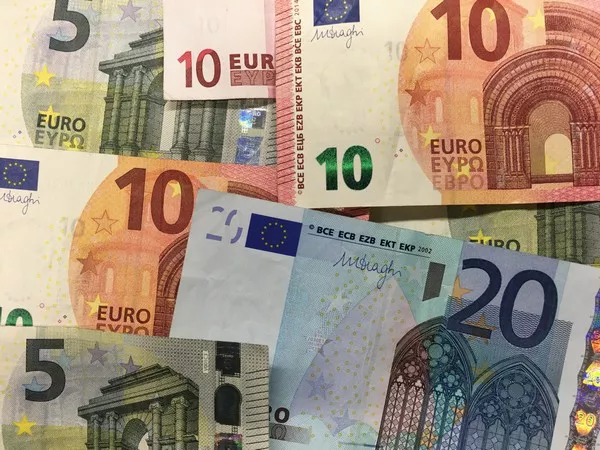The value of the euro has been a topic of discussion among economists and traders for many years. With the ongoing economic uncertainties and political tensions in the eurozone, it is no surprise that many people are questioning whether the euro will continue to rise in value against other major currencies. In this article, we will explore some of the factors that may impact the value of the euro in the coming months and years.
Overview of the Current State of the Euro
As of May 2023, the euro is trading at around 1.22 USD, which is slightly higher than its value at the beginning of the year. However, the euro has been relatively volatile in recent years, with significant fluctuations in value due to various economic and political events. One of the most significant factors that have impacted the value of the euro in recent years is the ongoing debt crisis in several eurozone countries, including Greece, Portugal, and Spain.
Factors that Could Impact the Value of the Euro
There are several key factors that could influence the value of the euro in the near future. These include:
- Economic Growth: The pace of economic growth in the eurozone will play a significant role in determining the value of the currency. A stronger economy typically leads to a stronger currency. However, the eurozone has been experiencing sluggish economic growth in recent years, and there are concerns that this trend could continue. If the eurozone fails to recover from its economic malaise, this could put downward pressure on the value of the euro.
- Inflation: Another factor that could impact the value of the euro is inflation. If inflation remains low or stable in the eurozone, this could help support the value of the currency. However, if inflation starts to rise significantly, this could cause investors to lose confidence in the euro, leading to a decline in its value.
- Political Uncertainty: Political uncertainty is another factor that could impact the value of the euro. The eurozone has been facing a range of political challenges in recent years, including Brexit, rising nationalism, and the ongoing refugee crisis. These issues have created uncertainty about the future of the eurozone and could lead to increased volatility in the currency markets.
- Central Bank Policies: Finally, the policies of the European Central Bank (ECB) will also play a significant role in determining the value of the euro. If the ECB adopts a loose monetary policy, such as quantitative easing, this could put downward pressure on the euro. On the other hand, if the ECB takes a more hawkish stance, this could help support the value of the currency.
Experts’ Opinions on the Future of the Euro
Opinions among experts about the future direction of the euro are divided. Some analysts believe that the euro will continue to appreciate against major currencies, driven by a stronger recovery from the pandemic and rising inflationary pressures. They point to the European Union’s decision to jointly issue bonds to finance its economic recovery plan as evidence of the eurozone’s resilience.
However, others are less optimistic about the prospects for the euro. They argue that the eurozone’s persistent structural problems, such as low productivity growth and high unemployment, will continue to weigh on economic growth and hold back the euro’s appreciation.
Conclusion
The value of the euro is influenced by a range of factors, including economic growth, inflation, political uncertainty, and central bank policies. While opinions among experts are divided about the future direction of the euro, it is clear that the currency faces significant challenges in the coming months and years. Investors should closely monitor these factors and make informed decisions based on their analysis of the market and economic trends.


